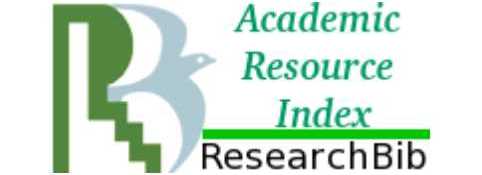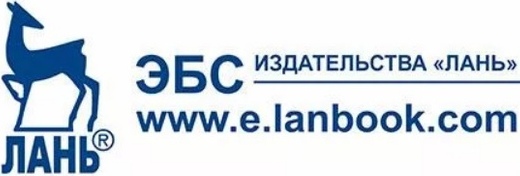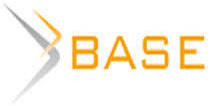APPLICATION OF OPENGL IN CREATION OF THE GRID OF DISPERSION OF EMISSIONS IN THE ATMOSPHERE BY THE ROAD-BUILDING TECHNICS
The definition of the system in terms of the system-object approach " Unit-Function-Object" based on the calculation of Abadi-Cardeli objects is specified in the work, the formalization of the concepts "system-forming factor" and "system adaptation" is proposed. The presented formalisms were used to take into account system-wide regularities in the construction of graphoanalytical models of organizational systems and business processes using the system-object method of representing knowledge. The revealed possible ways of taking into account the regularities are compared with the capabilities of the system-structural and object-oriented approaches, as well as the BPMN notation. A formal description of system-wide regularities is constructed, which allows one to justify the hierarchical dependence between them.
















While nobody left any comments to this publication.
You can be first.
1. Obshhaja teorija sistem [General theory of systems]. Available at: https://ru.wikipedia.org/wiki/Общая_теория_систем (accessed April 20, 2018).
2. Prangishvili I.V. 2000. Sistemnyj podhod i obshhesistemnye zakonomernosti [System approach and system-wide regularities]. M.: SIN-TEG. 528.
3. Matorin S.I., Zimovec O.A., ZHiharev A.G. 2016. Obshhesistemnye principy v terminah sistemnoob'ektnogo podhoda «Uzel-Funkcija-Ob’ekt» [System-wide principles in terms of the system-object approach
"Node-Function-Object"]. Trudy ISA RAN [Proceedings of the Institute of System Analysis of the Russian Academy of Sciences]. 1(66): 10-17.
4. Matorin S.I., Zhikharev A.G., Zimovets O.A. 2017. Obosnovanie vzaimosvyazei obshchesistemnykh printsipov i zakonomernostei s pozitsii sistemno-ob"ektnogo podkhoda [Substantiation of the interrelationships of system-wide principles and regularities from the standpoint of a systematic, object-oriented approach]. Trudy ISA RAN [Proceedings of the Institute of System Analysis of the Russian Academy of Sciences] 3(67): 54-63.
5. Zhikharev A.G., Matorin S.I., Mamatov E.M., Smorodina N.N. 2013. O sistemno-ob’ektnom metode predstavleniya organizatsionnykh znanii [On the system-object method of representing organizational knowledge]. Nauchnye vedomosti BelGU. Ser. Informatika [Scientific bulletins of the Belgorod State University. Informatics series] 8(26): 137-146.
6. Zhiharev A.G., Matorin S.I., Zajceva N.O. 2015. Sistemno-ob’ektnyj instrumentarij dlja imitacionnogo modelirovanija tehnologicheskih processov i transportnyh potokov [System-object tools for simulation modeling of technological processes and transport flows]. Iskusstvennyj intellekt i prinjatie reshenij [Artificial Intelligence and Decision Making] 4: 95-103.
7. Abadi Martin and Luca Cardelli A. Theory of Objects. – Springer-Verlag. – 1996. – 397p.
8. Mel'nikov G.P. 1978. Sistemologiya i yazykovyye aspekty kibernetiki [Systemology and language aspects of cybernetics]. M.: Sov. Radio. 368.
9. Bogdanov A.A. 2003. Tektologiya: Vseobshhaya organizacionnaya nauka [Tectology: General Organizational Science]. M.: «Finansy'». 496.
10. Matorin S.I., Solov'eva E.A. 1996. Determinantnaya model' sistemy' i sistemologicheskiy analiz principov determinizma i beskonechnosti mira [The determinant model of the system and the systemological analysis of the principles of determinism and the infinity of the world]. NTI. Ser. 2 [Scientific and technical information. Series 2]. 8: 1-8.
11. Matorin S.I., Zhikharev A.G., Zimovets O.A. 2017. Ischislenie ob’ektov v sistemno-ob’ektnom metode predstavleniya znanii [Objects calculus in the system-object method of knowledge representation]. Iskusstvennyi intellekt i prinyatie reshenii [Artificial Intelligence and Decision Making]. 3: 95-106.